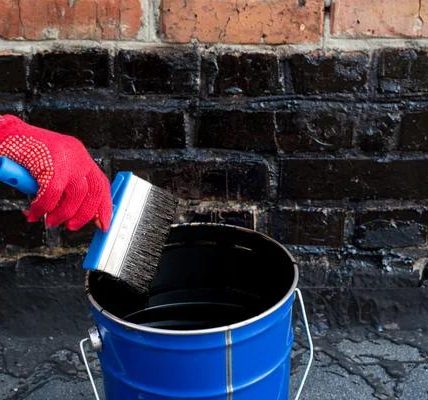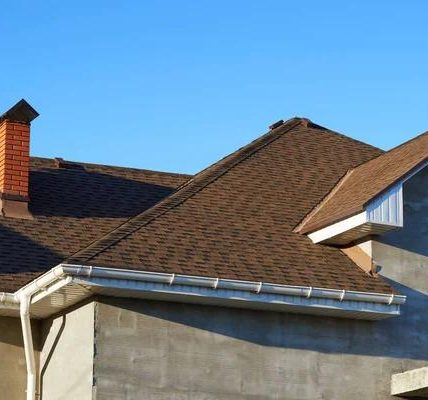Spray foam insulation has become increasingly popular in recent years due to its numerous benefits. It not only provides excellent thermal insulation but also helps in reducing energy costs, improving indoor air quality, and offering a moisture barrier. However, choosing the right type of spray foam insulation for your home can be a daunting task if you are unfamiliar with the product.
There are primarily two types of spray foam insulation: open-cell and closed-cell. Open-cell spray foam is lighter, less expensive, and provides a superior sound barrier due to its soft and spongy texture. On the other hand, closed-cell spray foam is denser, more expensive but provides better thermal resistance (R-value) per inch than open-cell foams. It also acts as an effective vapor barrier.
When deciding between these two types of spray foams, it’s important to consider your specific needs. If you live in a colder climate or have rooms that require higher R-values like basements or attics, then closed-cell may be the best choice for you. Conversely, if noise reduction is crucial or budget is a concern then open cell would be more appropriate.
Another important factor to consider while choosing spray foam insulation for your home is its environmental impact. Some products use blowing agents that have high Global Warming Potential (GWP). Look for products that contain water as a blowing agent instead of HFCs (Hydrofluorocarbons), which contribute significantly towards global warming.
In terms of installation process too there are considerations to make; professional installation is recommended because incorrect application can lead to gaps in coverage or over-spraying which wastes material and increases costs. In addition, some forms of continue reading this insulation can produce harmful fumes during application so it’s critical that installers wear proper protective gear.
Ensure that you check local building codes before proceeding with any form of insulation project as certain areas have specific requirements regarding fire safety ratings or vapor barriers.
It’s also worth noting that while spray foam insulation can be more expensive upfront than traditional insulations, it pays off in the long run by lowering energy bills and reducing the need for HVAC system upgrades.
Ultimately, choosing the right spray foam insulation for your home comes down to understanding your specific needs and doing a bit of research. Consider factors like climate, budget, environmental impact, local building codes, and potential energy savings before making a decision. With its multiple benefits including thermal insulation, moisture protection, air sealing properties and longevity; spray foam insulation is indeed an excellent choice to enhance comfort and efficiency of your home.




